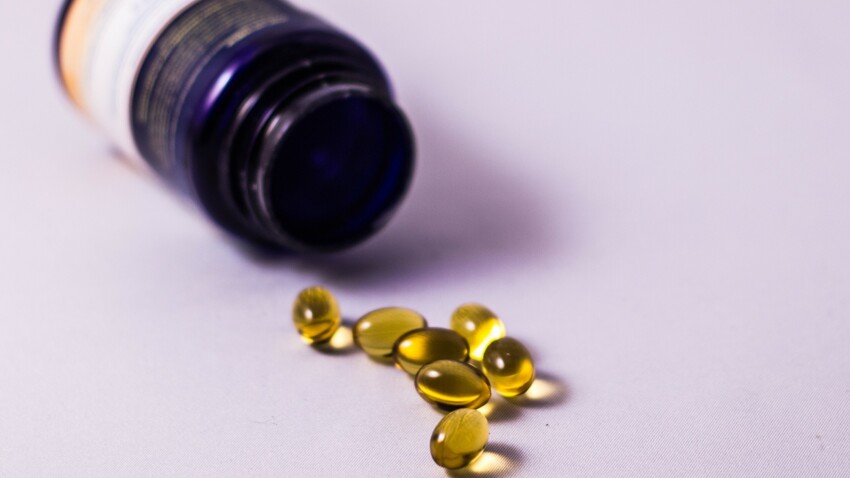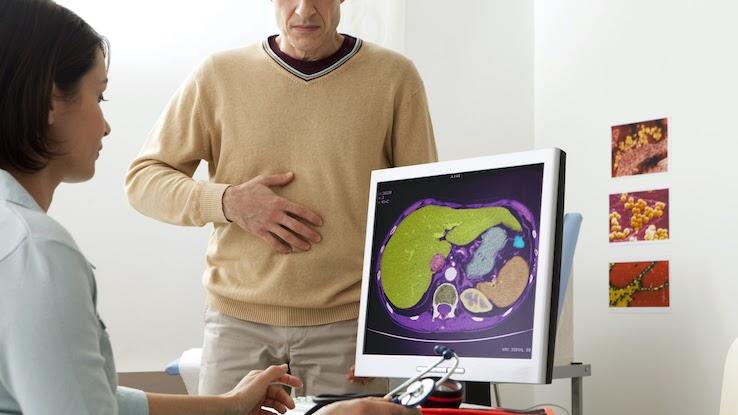Dr Brenners Vitamin C

Vitamin E is a compound that plays many important roles in your body and provides multiple health benefits. In order to maintain healthy levels of vitamin E, you need to ingest it through food or consume it as an oral supplement. Read on to find out which foods are recommended sources of this essential nutrient, along with other basics to know about vitamin E.
Vitamin E is classified as an antioxidant. This means that vitamin E helps to destroy harmful compounds called free radicals that can build up in your body. Free radicals cause damage to cells through oxidative stress, and they've been linked to aging and health problems such as cancer and heart disease. Getting enough vitamin E on a daily basis may help to combat these conditions by protecting the outer membranes of your cells from free radical damage.

Vitamin E also plays an important role in your immune system and your body's ability to fight infection. At certain doses, vitamin E has been shown to stimulate the function of T cells — a type of cell that responds to pathogens that cause disease. Recent studies have shown that increasing your vitamin E intake may correlate with a stronger immune response and greater resistance to infection.
Vitamin E is present in the following whole foods:
- Wheat germ
- Almonds
- Plant oils (vegetable, sunflower, grapeseed, etc.)
- Sunflower seeds
- Peanut butter
- Spinach
- Broccoli
- Kiwi
- Mango
Daily Dosage Recommendations
As people age, their daily dosage recommendation for vitamin E increases. For these standard recommended daily doses, a healthy balanced diet is usually sufficient for getting the required amount of vitamin E:

- Birth to 6 months: 4 milligrams (mg)/day
- 1 to 12 months: 5 mg/day
- 1 to 3 years: 6mg/day
- 4 to 8 years: 7mg/day
- 9 to 13 years: 11mg/day
- 14+ years, including adults and seniors: 15mg/day
A person's age, gender and health conditions can help determine their recommended daily dose of vitamin E. Always consult a healthcare professional before altering your intake of vitamin E from the recommended daily dosage.
Taking Vitamin E Supplements
If it becomes necessary, such as if you become deficient in vitamin E, your doctor may advise you to start taking vitamin E supplements. Vitamin E supplements may come with some minor side effects if you take more than the recommended daily amount or if you combine these supplements with certain medications.

For example, vitamin E may increase the risk of bleeding if you take it with anticoagulants (also called blood thinners) like warfarin. Other medications, like chemotherapy drugs and cholesterol-lowering drugs, have potential harmful interactions when combined with vitamin E supplements. Talk to a healthcare professional before introducing daily vitamin E supplements, and be sure to discuss current medications you're taking.
Signs of a Vitamin E Deficiency
Because most people are able to get a sufficient amount of vitamin E through their normal daily diet, vitamin E deficiency is rare and typically related to an underlying health issue. For example, because vitamin E is a fat-soluble nutrient, there's a risk for vitamin E deficiency in people whose bodies are unable to absorb fat properly. Premature infants may also become deficient in vitamin E.

When vitamin E deficiency does occur, these are some of its common symptoms:
- Muscle weakness
- Unsteady gait
- Nerve pain or numbness
- Impaired vision
Vitamin E deficiency can be detected with a blood test. It typically resolves with minor changes in your diet or the addition of vitamin E supplements. It's important to address any out-of-range vitamin E levels with your doctor. Chronic deficiencies may prevent your immune system from functioning normally.
Resource Links:
https://ods.od.nih.gov/factsheets/VitaminE-HealthProfessional/
https://medlineplus.gov/vitamine.html
https://reader.elsevier.com/reader/sd/pii/S0032579119309897?token=FECB039E3D3637A000648C32AE675FBC7DC9866130E4593853DCEBEFE0BEDCF4C0CA144BFF3E8EB55E81DF3922EB0743
https://www.mdpi.com/2072-6643/10/11/1614/htm
https://iubmb.onlinelibrary.wiley.com/doi/epdf/10.1002/iub.1976
MORE FROM SYMPTOMFIND.COM
Source: https://www.symptomfind.com/health/vitamin-e-nutrition-basics?utm_content=params%3Ao%3D740013%26ad%3DdirN%26qo%3DserpIndex



































